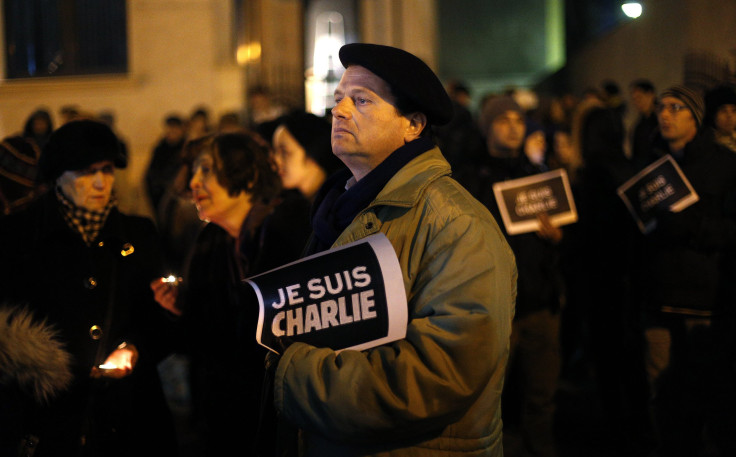Charlie Hebdo Attack: France’s Economy Won’t Suffer, Experts Say

On the same day gunmen entered the offices of Charlie Hebdo in Paris and killed 12 people, French economic minister Emmanuel Macron told reporters that France’s economy was “struggling hard to recover” after some difficult years.
While terrorist attacks like these tend to send an initial shock through financial markets and cause immediate declines in industries such as tourism, experts say the economic effects aren’t long lasting. And in some cases, terrorism and ensuing periods of increased investment security and defense spending are a boost to economic activity.
“The economic consequences of terror are never the most important ones,” says David Wessel, director of the Hutching Center on Fiscal and Monetary Policy at the Brookings Institution. “Terror strikes at the heart of our societies, our freedoms and our safety.”
Attacks on developed countries, including the events of Sept.11 in the United States, don’t always cause economic calamity in the “I thought the drive for more security would damage productivity and throw us off course,” Wessel says. “I was wrong.”
France, now the world’s sixth largest economy, was relatively stagnant last year, growing at just 0.2 percent. While it’s not exactly booming, the country should be able to withstand major economic fallout from the Charlie Hebdo attacks.
“Business confidence is really not affected when an attack occurs in a wealthy country,” says Todd Sandler, economics professor at the University of Texas at Dallas. Sandler explains that, in general, terror attacks aren’t enough to derail a relatively strong economy, even during periods of slow growth. That’s largely because citizens and investors are confident that officials have the resources to adjust.
“The economy has a tremendous way of equilibrating and adjusting to risk,” Sandler says. “People know the security forces will do their job, and a central bank can take action if needed.”
Of course, the direct costs of death and damage can be expensive. Losses of life and infrastructure on Sept.11 cost upwards of $55 billion in New York alone, while increased security efforts, decreased economic activity and other costs add up to more than $3.3 trillion, according to the Global Terrorism Index report from the Institute for Economics and Peace.
The American economy did suffer in the days and months after the attacks of Sept. 11 as companies shed jobs, tourism dropped and investor confidence plummeted, but these effects weren’t long-term, according to Sandler.
“The way the mind works is to focus on the immediate effect,” he says. “But when one does analysis you have to take into account both pluses and minuses.”
© Copyright IBTimes 2024. All rights reserved.






















